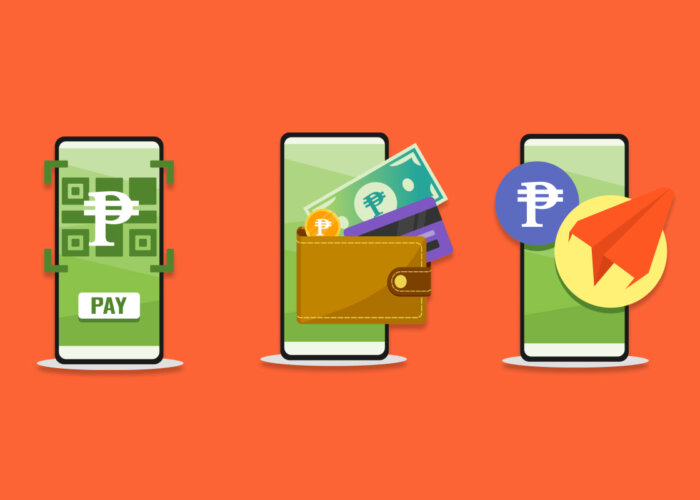How Open Finance Can Empower Filipinos to Thrive


For countless families in the Philippines, living pay-check to pay-check isn’t a choice, it’s a cycle rooted in generational financial trauma.
From an early age, many Filipinos witnessed their parents stretch ₱500 to last an entire week. Field trips were skipped to save rent money. Conversations about building wealth were rare. Instead, they learned how to delay hunger, juggle utang (debts), and survive until the next payday. A financial mindset shaped by survival. And that mindset has been passed down quietly, normalized, and often left unspoken.
Today, millions of Filipinos face the same struggle. But when they turn to financial advice like budgeting apps, savings challenges, or investment tips they often find it irrelevant or unrealistic because much of it assumes stability. It assumes you have disposable income, a steady salary, or a financial safety net. It doesn’t speak to the urgency of choosing between food, transportation, tuition, or electricity. It fails to address the urgency and fragility that define financial life for millions.
This disconnect has led to growing frustration and distrust toward the financial system. Financial tools and advice need to change, because the reality for many Filipinos is different.
Enter open finance. A transformative framework that allows individuals to securely access and share their financial data across banks, e-wallets, and service providers. Open finance isn’t simply about better apps or faster banking. It’s about redefining how trust, access, and dignity work in the Filipino economy.
Open finance creates an opportunity for:
In short: Open Finance bridges the gap between survival and prosperity.
Instead of hiding bills in drawers or pretending everything’s fine, open finance creates space for transparency, planning, and healing. By turning fragmented financial footprints into usable, portable data, open finance gives millions their first real foothold toward building wealth, accessing safer loans, growing small businesses, and investing in their futures.
For too long, the Filipino financial experience has been defined by scarcity, sacrifice, and survival. But it doesn’t have to stay that way.
Financial stability is not just a private good, it’s a public one. When households stabilize, communities stabilize. When communities stabilize, economies grow.
When economies grow inclusively, trust in institutions deepens.
Open Finance isn’t just personal empowerment. It’s nation-building.
This is why initiatives like the first-ever BSP Open Finance Hackathon in 2024, proudly supported by Ozone API and other ecosystem partners, matter. The hackathon showcased the creativity, collaboration, and infrastructure needed to bring Open Finance to life, proving that innovation and inclusion can move together.
Open finance offers possibilities. Possibility for a future where families are no longer forced to choose between food and electricity. Where credit is built on trust and real behavior, not just outdated systems. Where visibility into spending leads to control, and control leads to confidence.
At Ozone API, we’re proud to be helping build the foundations for Open Finance in the Philippines because open finance brings access not tied to legacy systems. It is a right, backed by transparency, interoperability, and trust. The Filipino financial story doesn’t have to be defined by scarcity anymore. It can be rewritten, one open transaction, and one open opportunity at a time.
Consumer-Driven Banking in Canada received a significant push in the new federal budget released on November 4th 2025. Find out what it all means.
How Brazil built a comprehensive open finance ecosystem in 5 years with 700+ participants and 60M+ users—leapfrogging from follower to global leader.
Section 1033 US open banking regulation faces uncertainty as JP Morgan Chase introduces fees, CFPB changes stance, and industry awaits regulatory clarity.